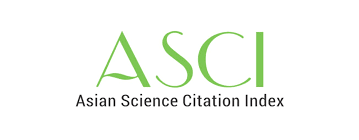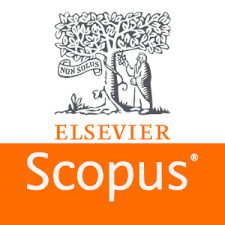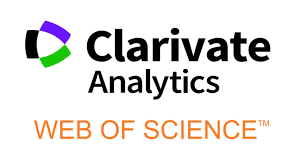ROLE OF ARTIFICIAL INTELLIGENCE IN CANCER MANAGEMENT: A REVIEW
Deepika Singh*, Swetza Singh and Vipul Kumar Singh
AI in healthcare, especially in cancer management, enhances diagnostic accuracy, treatment personalization, and patient outcomes. Machine learning and deep learning algorithms assist in early detection, precise treatment planning, and prognosis prediction. AI’s ability to analyze complex medical data quickly and accurately drives innovations in precision medicine and early intervention, ultimately improving survival rates and patient care. Currently, AI in cancer care is gaining momentum globally, particularly in developed countries like the U.S., the UK, and China. AI-driven tools are used for early detection via imaging, precision diagnosis, personalized treatment plans, and predicting patient prognosis. Major advancements have been made in integrating AI in clinical workflows, although challenges remain in data accessibility, regulation, and model transparency. In India, AI is increasingly being adopted in cancer care, with advancements in early detection through imaging and biomarker analysis. AI-driven tools aid in accurate diagnosis, personalized treatment plans, and prognosis prediction. While major institutions and startups are pioneering AI applications in oncology, challenges like data quality, infrastructure, and regulatory frameworks remain, limiting widespread adoption. The objective of this paper is to review the current applications of AI in cancer management, focusing on early detection, diagnosis, treatment, and prognosis. It aims to analyze the key challenges hindering broader adoption, such as data quality, ethical concerns, and regulatory issues. Furthermore, the paper explores future research opportunities, including advancements in AI technologies, integration with clinical practices, and their potential to revolutionize personalized cancer care and improve patient outcomes.
[get full article]



























